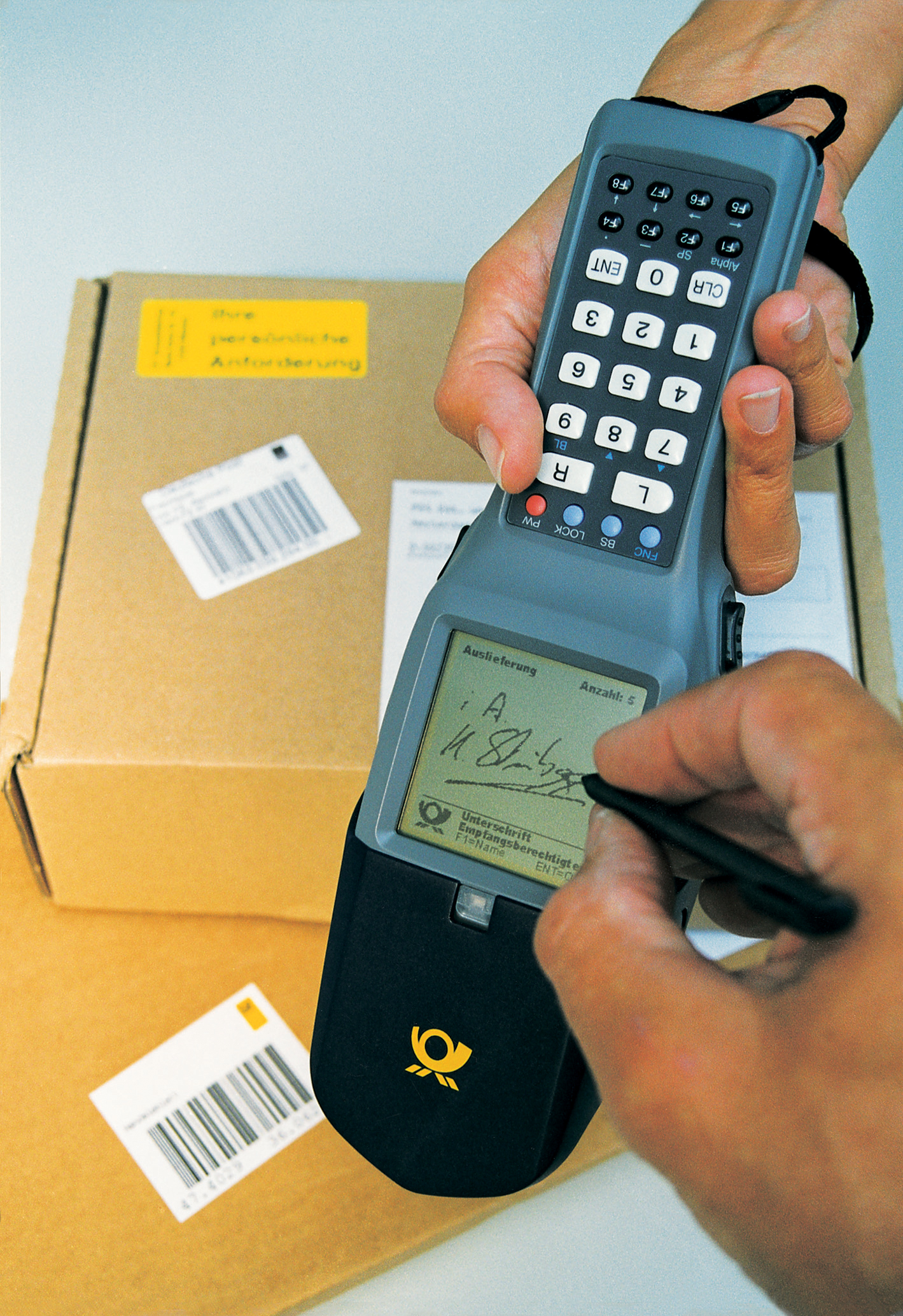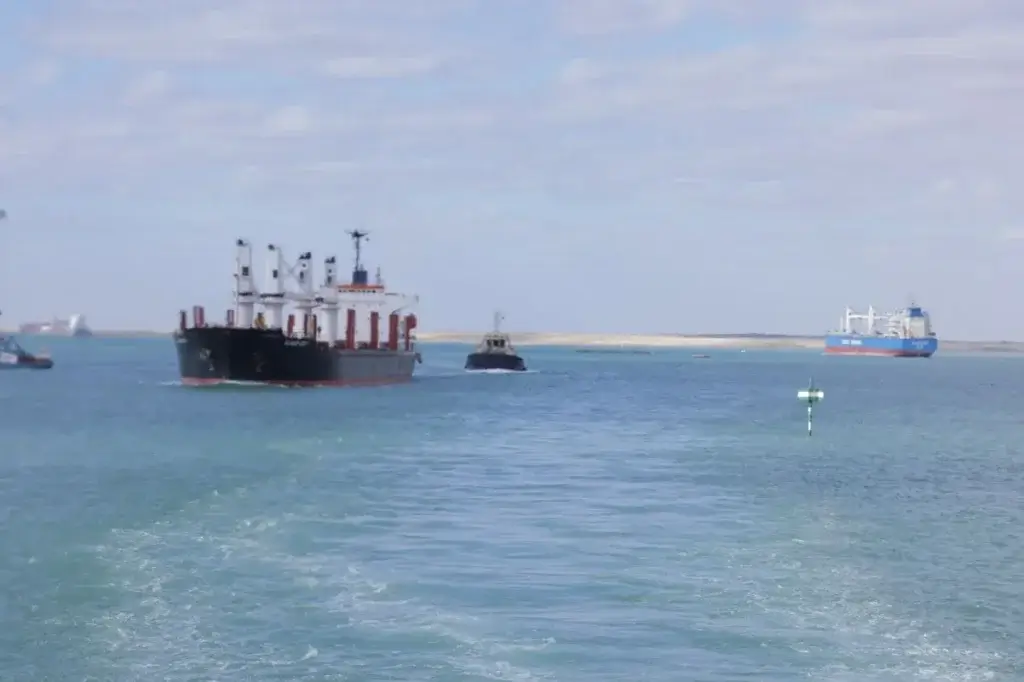A subsidiary of the German Post Office, DHL Parcel, decided to charge business customers an additional ‘toll’ fee. In this way, the company will pass on to the customer the higher operating costs associated with increasing toll rates and its extension to all federal roads.
This is another such decision among German courier companies. However, the price increases and additional fees were introduced by e.g. Hermes, GO! Express & Logistics mainly due to higher employment costs. The German sector is struggling with a shortage and high turnover of staff.
DHL Parcel, on the other hand, is the first company to charge the toll surcharge to business customers, i.e. those who ship more than 3,000 parcels a year. It will amount to EUR 0.10 per parcel and will be charged from 1 September this year.
As a reminder, on 1 July 2018, the German toll was extended to all federal roads, thus increasing the toll road network from 15,000 km to almost 55,000 km. Additionally, on 1 January this year, the fee rates increased significantly.
It is about cost transparency?
According to the company’s official announcement, the additional charge also meets the expectations of many customers who have asked the company to disclose the ‘external costs’ of DHL Parcel’s transport operations.
For the sake of transparency, the company will, therefore, charge an additional fee of EUR 0.10 per parcel as of 1 September 2019,” explains Ole Nordhoff, Chief Marketing Officer Post & Paket Deutschland of Deutsche Post DHL Group.
Editorial commentary
DHL Paket’s decision is another example of the fact that German companies, faced with rising costs, have no dilemmas to raise the prices of their services. In Central and Eastern Europe, too, it is increasingly being said that carriers can no longer bear rising transport costs. At the end of last year, Hungarian transport organisations – the Federation of National Private Carriers (NiT Hungary) and the Hungarian Road Transport Association (MKFE) called for a price increase of as much as 15% to 20%. According to them, only such a step would guarantee the balance of the supply chain and ensure the economic viability of small, medium and large companies in the industry.
Photo: dpdhl.com











